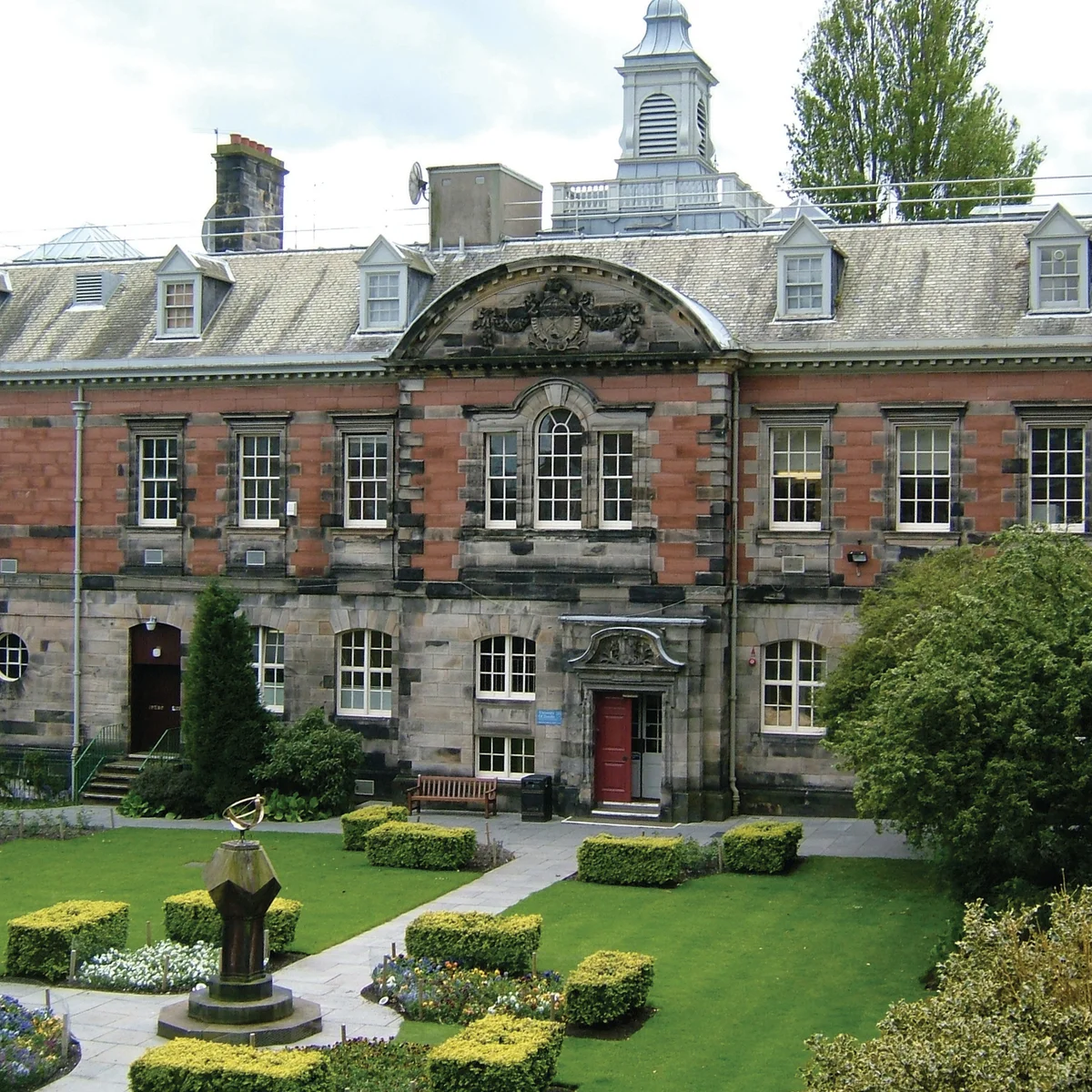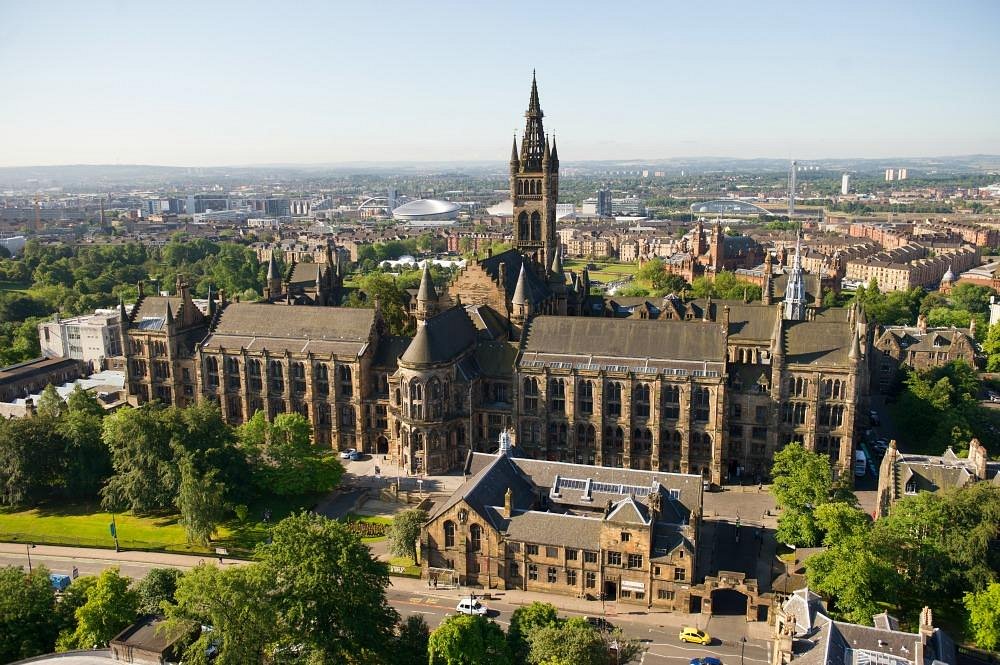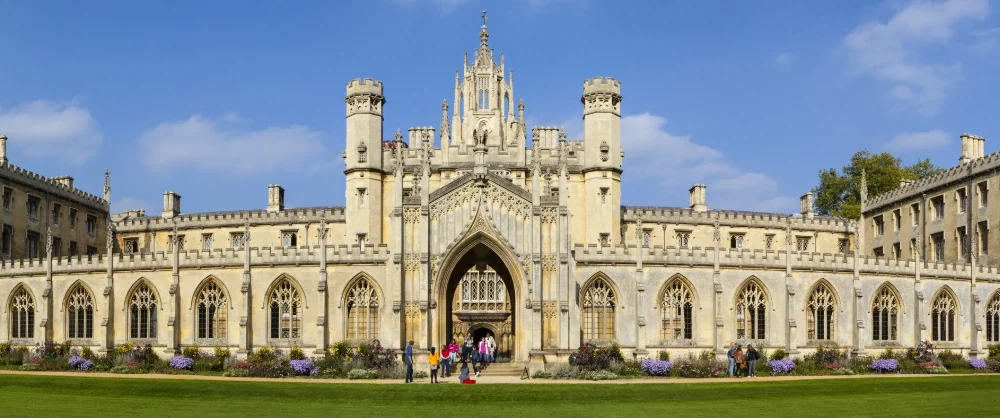On August 11-12, 2017, Charlottesville, Virginia, became the site of one of the most significant and controversial white supremacist protests in recent American history. The protest, centered around the University of Virginia (UVA), erupted into violence, drawing national and international attention. The events left a deep scar on the fabric of American society, bringing to light longstanding issues of racism, hate groups, and the nation’s struggle with its history. In this blog post, we will explore the details of the August 2017 protest at UVA, its origins, the events that unfolded, the aftermath, and its long-term impact on America.
The Origins of the Charlottesville Protests
The roots of the August 2017 white supremacist rally can be traced back to a series of decisions made by the city of Charlottesville in 2017. The controversy began in early 2017 when the Charlottesville City Council voted to remove a statue of Confederate General Robert E. Lee from a city park. The decision was part of a broader movement to reevaluate Confederate monuments and symbols in public spaces—symbols that many saw as representations of racism and oppression.
The city’s decision to remove the statue of Lee sparked outrage among white nationalist groups, who viewed such actions as an attack on their heritage and an effort to erase Southern history. This anger led to the planning of a rally that was intended to protest the removal of the statue and, more broadly, to promote white nationalist and white supremacist ideologies.
One of the groups behind the rally was the “Unite the Right” movement, a coalition of far-right extremists that included white nationalists, neo-Nazis, Ku Klux Klan members, and other hate groups. The rally was initially scheduled to take place on August 12, 2017, in Emancipation Park (formerly Lee Park), where the statue of Robert E. Lee stood.
However, the events began a day earlier, on August 11, with a torch-lit march that would forever be associated with the violence that followed.
The Torch-Lit March on August 11, 2017
On the night of August 11, 2017, hundreds of white nationalists, neo-Nazis, and members of other far-right groups gathered at the University of Virginia campus. Carrying tiki torches and chanting slogans such as “You will not replace us” and “Blood and soil” (a phrase linked to Nazi ideology), the protesters marched across the UVA Grounds, passing by historical landmarks such as the Rotunda, a key symbol of the university.
The torch-lit march was intended to send a message of defiance against what the protesters perceived as the erasure of white history. The sight of hundreds of white nationalists marching on a prestigious university campus, carrying torches, created a chilling and evocative image that was widely covered in the media. The march, though mostly peaceful at first, quickly escalated when the protesters clashed with counter-protesters.
Violence erupted between the white nationalists and the counter-protesters, and the situation grew increasingly tense. The police presence was insufficient to quell the growing unrest, and the night ended with several injuries, though no fatalities.
The “Unite the Right” Rally on August 12, 2017
The following day, August 12, 2017, the rally took place in Emancipation Park, where the statue of Robert E. Lee stood. The rally, which had been advertised as a peaceful protest, quickly descended into chaos and violence. Thousands of people had gathered, including white supremacists, anti-racist activists, and other counter-protesters, leading to a volatile and confrontational atmosphere.
The situation escalated as the white nationalists clashed with anti-racist groups, including antifascist activists (commonly known as “antifa”). Protesters threw punches, used weapons, and engaged in physical altercations. The violence intensified throughout the day, with some of the white nationalists bringing shields, helmets, and other protective gear, while others armed themselves with sticks, pipes, and other improvised weapons.
One of the most shocking and tragic events of the day occurred when James Alex Fields Jr., a 20-year-old white nationalist, drove his car into a crowd of counter-protesters, killing Heather Heyer, a 32-year-old paralegal, and injuring 19 others. The image of Fields’ car plowing into the crowd became one of the defining moments of the rally. The incident garnered widespread condemnation and sparked outrage across the country.
In the aftermath of the tragedy, Charlottesville declared a state of emergency, and the Virginia National Guard was deployed to restore order. The violence, combined with the death of Heather Heyer, forced the rally to be disbanded. However, the damage had already been done, and the world was watching as the horrors of the day unfolded.
The Aftermath of the Charlottesville Protest
In the wake of the violence, the country was left grappling with the aftermath. The August 2017 Charlottesville protest and the violence that accompanied it raised difficult questions about the state of race relations in the United States, the rise of far-right extremism, and the influence of hate groups. The event also served as a turning point in how the U.S. would address the presence of Confederate monuments and symbols in public spaces.
The Charlottesville protest had several key consequences:
1. Public Outrage and Divisiveness
The violence of the rally, especially the death of Heather Heyer, generated widespread outrage. People from across the political spectrum, from liberal activists to conservative leaders, condemned the actions of the white nationalists and the apparent inability of local authorities to prevent the violence.
However, the response from some political leaders was more divided. Then-President Donald Trump faced intense criticism for his equivocation on the issue, stating that there were “very fine people on both sides” of the protest. His remarks were widely seen as giving a platform to white supremacists and failing to unequivocally condemn hate groups.
2. The Call for the Removal of Confederate Statues
The violence in Charlottesville reignited the national debate over Confederate monuments. While some saw the statues as historical artifacts that should be preserved, others argued that they represented the legacy of racism and oppression, particularly toward African Americans. In the wake of the protests, many cities across the United States accelerated efforts to remove Confederate statues from public spaces.
3. Rise of White Nationalist Movements
The Charlottesville rally highlighted the growing influence of white nationalist and far-right groups in American politics and culture. Many of these groups had been emboldened by the political climate of the time, with the election of Donald Trump providing a platform for extremist ideologies to flourish.
4. Reaffirmation of Anti-Racism Movements
On the other side, the Charlottesville protest also galvanized anti-racism movements across the country. The tragedy of Heather Heyer’s death, along with the stark images of violent clashes, sparked a renewed commitment to combating hate and bigotry. Thousands of people across the U.S. participated in rallies, marches, and vigils to stand against white supremacy.
Conclusion: The Lasting Impact of Charlottesville
The events of August 11-12, 2017, in Charlottesville, Virginia, left an indelible mark on the nation’s collective consciousness. The violence, hatred, and division that unfolded exposed the deep-rooted racial and ideological divides in American society. For many, the tragic death of Heather Heyer symbolized the cost of hatred and intolerance, while the white supremacist rally itself underscored the danger posed by far-right extremism.
In the years since, the debate over Confederate monuments and the rise of white nationalism have remained key issues in American politics. While there have been efforts to confront hate groups and challenge their ideologies, the Charlottesville protest remains a reminder that the fight for racial justice and equality in the U.S. is ongoing. The legacy of that day continues to shape discussions about racism, extremism, and the future of American democracy.
FAQs
1. What sparked the white supremacist protest in Charlottesville? The protest was sparked by the Charlottesville City Council’s decision to remove a statue of Confederate General Robert E. Lee from a city park, which many white nationalists viewed as an attack on their heritage.
2. Who was responsible for the violence during the protest? The violence was instigated by clashes between white nationalist groups and counter-protesters. While the rally was promoted as a peaceful protest, it quickly escalated into violent confrontations, including the tragic incident where James Alex Fields Jr. drove his car into a crowd.
3. What was the outcome of the Charlottesville protest? The rally ended in chaos, with the death of Heather Heyer, several injuries, and widespread condemnation of the white nationalist groups. The rally also ignited a nationwide debate over Confederate monuments and the rise of far-right extremism.
4. How did the government respond to the Charlottesville protest? The government’s response, particularly from President Trump, was widely criticized for being insufficient and for failing to directly condemn white nationalism. Many local and state leaders, however, took stronger stances in the aftermath.
5. What impact did Charlottesville have on America? The event sparked a national conversation about racism, white supremacy, and the role of Confederate monuments in public spaces. It also led to increased activism among anti-racism groups and prompted many cities to remove Confederate statues.
Final Thoughts
The white supremacist protest in Charlottesville was a pivotal moment in American history, marking the confluence of longstanding racial tensions, the rise of far-right extremism, and a national reckoning with the symbols of the Confederacy. While progress has been made in some areas, the legacy of the charlottesville really remains a powerful reminder that the struggle.







